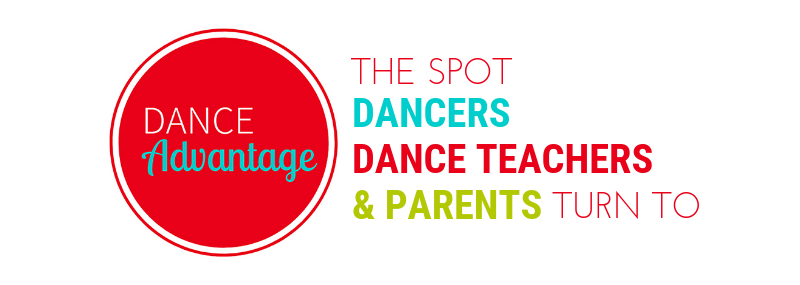People don’t usually open a studio or attend a dance school if they don’t think it is a quality product being offered. However, in the dance world you’ll find some strong opinions about what is or is not quality dance instruction.

I try very hard to see things from all angles. Therefore, I’d like to stick to what I consider the deal-makers and breakers of a dance education relationship.
“Deal-makers”
Qualities students should expect to find at an institution or business that educates/trains dancers:
- Ballet and other traditional dance forms have a clear and appropriate format. For ballet students older than seven, this means a full session at the barre, followed by work in the centre and across the floor. All dance styles should include a warm-up and cool-down period.
- The teacher offers individual attention, correction, and help by breaking down new or difficult movements for beginners or young dancers. Teachers may expect advanced students to have more skill in picking up movements quickly and may spend less time explaining, however, teaching a class still involves refining all details of the movement. Just leading the class without offering input or corrections is rarely helpful to a dance student.
- Focus and attention is given to the upper body, including arms, head, and face even at beginning levels.
- The instructor has an understanding of anatomical terms and their application to dance and explains and shares this knowledge with the class.
- The students and teacher move well, are pleasing to watch (students with a solid foundation can make even new or difficult movements less awkward), and are dressed neatly and appropriately.
- Praise, encouragement, and humor (positive reinforcements) are used frequently but not indulgently in class.
- Dancers are encouraged to be expressive in their movement and facial expressions without forcing plastic smiles, to listen and understand the musical or rhythmic aspects of the dancing.
- Instructors ask the students to use critical thinking in their classes. This means that they are regularly required to analyze, deduce or problem solve to come to a conclusion about something rather than simply regurgitating an answer.
- Students are encouraged in, or given regular opportunities to view dance performances, observe or participate in master classes, learn about other art forms, and reach out or volunteer in their community.
Look for these attributes when researching, observing classes, or touring a dance school.
When seeking out instruction, don’t just join the studio with the largest ad. Arrange a time to observe or even sample classes, talk with the owner and/or instructors, and ask questions.
Do all of these things before making your choice because sometimes observation will reveal more than speaking with the owner, or visa versa. A studio interested in your business will make time for potential customers, however, keep in mind that approaching a studio owner right before performances or recitals may not be the best time.
When looking for quality dance instruction, be aware that some studios spend a large amount of in-class time on rehearsal for a show that is months away.
A studio’s best instruction should be on the menu at all times, performance or not.
Occasional breaks from the routine class structure are important and sometimes necessary, but learning HOW to dance should always take precedence over learning a dance number.
What other qualities do you consider “deal-makers?”
Nichelle Suzanne is a writer specializing in dance and online content. She is also a dance instructor with over 20 years experience teaching in dance studios, community programs, and colleges. She began Dance Advantage in 2008, equipped with a passion for movement education and an intuitive sense that a blog could bring dancers together. As a Houston-based dance writer, Nichelle covers dance performance for Dance Source Houston, Arts+Culture Texas, and other publications. She is a leader in social media within the dance community and has presented on blogging for dance organizations, including Dance/USA. Nichelle provides web consulting and writing services for dancers, dance schools and studios, and those beyond the dance world. Read Nichelle’s posts.

